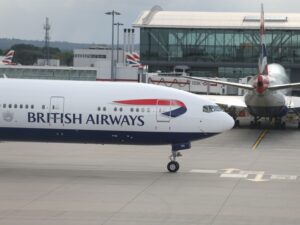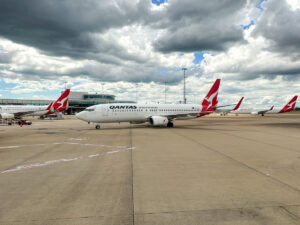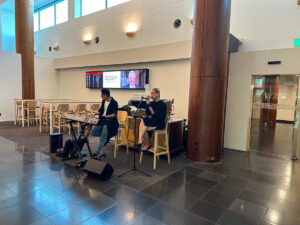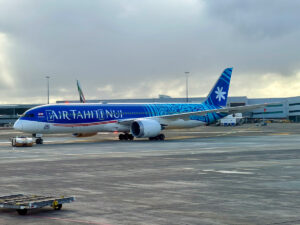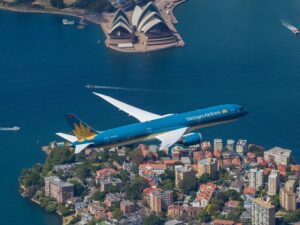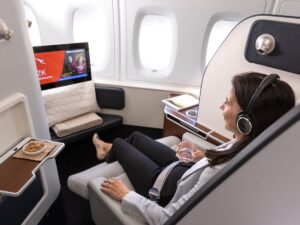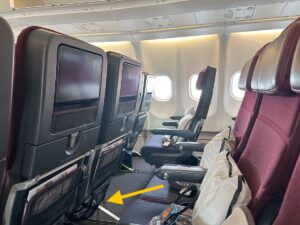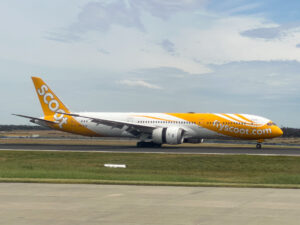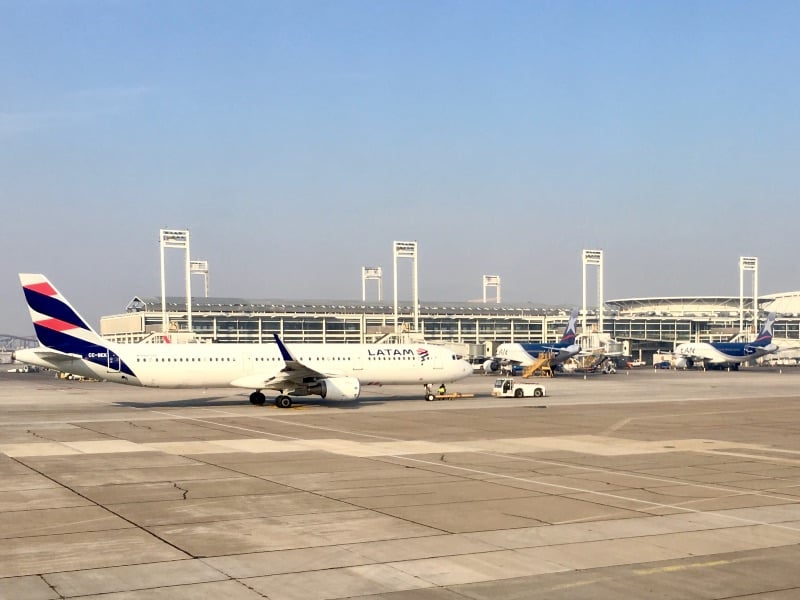
Chile recently removed the reciprocity fee it charged to Australians when entering the country. This is great news as it makes Chile a more affordable and attractive destination to Australians, and will likely stimulate the country’s tourism industry. But, sadly, this goes against a recent trend of countries that have decided to introduce or increase tourism taxes.
Tourism makes a huge contribution to the economies of many countries. So, it’s no surprise that governments around the world are constantly looking for ways to increase the amount of money that visitors spend in the country. But adding tourist taxes is not always a good way to achieve this, and may do more harm than good in the long term.
Over the past year, Japan, Malaysia and New Zealand joined the list of more than 40 countries to have introduced some form of tax on tourists. For example, Japan introduced a 1,000 yen (~AUD13) “sayonara tax” on overseas tourists in January 2019, which is payable when leaving the country. The money is being reinvested into improving infrastructure for tourists in the country.
Tourism taxes are sometimes included in the cost of airfares, such as Australian’s own $60 departure tax (which is charged to everyone that boards an international flight from Australia, including Australians). They could also take the form of a tax on hotel stays. Many European cities charge tourists a “city tax” which amounts to a few dollars per night on top of your hotel bill.
In September 2019, the Malaysian government began charging a “departure levy” on all flight tickets out of Malaysia. The levy ranges from 8 ringgits (~AUD3) for short-haul Economy tickets, through to 150 ringgits (~AUD$53) for Business class tickets. This is on top of Malaysia’s existing tourist tax of 10 ringgits (~AUD4) per night, which is included in hotel prices.
Tourist taxes can also take other forms. Bhutan, for example, requires tourists to book a tour with a local operator, at a minimum cost of USD200 (~AUD291) per person, per night, for groups of at least 3 people during the off-season. If you’re travelling solo during the peak season, the minimum spend increases to USD290 (~AUD422) per night.
New Zealand began charging a NZD35 fee to visitors from 1 July 2019, however Australians and nationals from 16 Pacific Island countries are exempt.
Tourism taxes may cost countries more than they earn
Tourism taxes, in the short term, may increase the revenue that the government collects from tourism. But, like all taxes, they also reduce demand.
When tourists visit a country, they spend money with local businesses. This has a multiplier effect throughout the economy and, incidentally, also increases government tax revenue indirectly.
When countries start taxing tourists, it makes the destination less attractive. Some people will still come and bear the higher cost, but others won’t. The visitors that decide to stay away will also not have a chance to tell their friends and family about the destination when they return home.
Even a small tax can make a difference to the number of visitors to the country. Jetstar’s executive manager of commercial planning, Alan McIntyre, told the Routes Asia 2019 conference that tourist taxes such as the new tax in Japan are misguided.
“It’s a big outlay, even travelling on Jetstar, because you’re travelling on Jetstar and then you’re maybe going on a two-week holiday.
“If you’re starting to add more to that, people will stay at home or they’ll travel short-haul. They won’t come. It’s a misnomer in both short-haul and long-haul to say ‘it’s only $10’. Quite frankly, if it was as simple as that, because I run revenue management as well, I’d put $10 on the price and make a bit more money. But I can’t, because it kills demand,” McIntyre said.
Last year, the Fiji government introduced two new taxes – a “Service Turnover Tax” of 6% and an “Environment and Climate Adaptation Levy” of 10%. On top of the 9% VAT, this means tourists effectively pay 25% in taxes at Fijian hotels and restaurants. AFF member drron, who is currently writing a trip report about his visit to Fiji, says he will avoid visiting the country in future due to these taxes.
It’s exactly this reason that local businesses are furious about a government proposal to tax visitors to the Scottish highlands. Scotland’s Federation of Small Businesses warned that while the tourist tax might raise £5-10 million for the local council, it could cost the economy up to £16 million.
Tourist taxes can do good, for example, if 100% of the money is reinvested in projects that support economic development or environmental sustainability. They can also be an effective way to combat over-tourism in cities like Amsterdam, Barcelona and Venice, where the crowds have become a real problem. But if they are being used as merely a revenue-raising tool by the government, tourism taxes could be doing more harm to the country overall than good.
